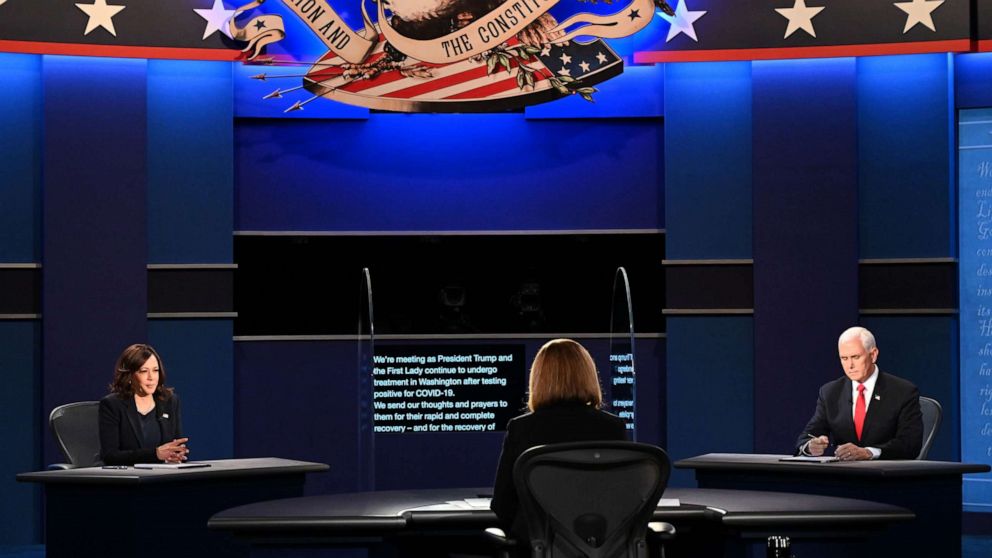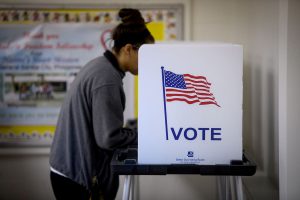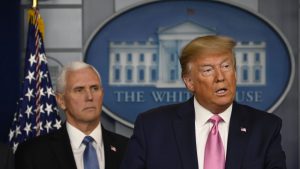The first and only debate between Vice President Mike Pence and Senator Kamala Harris Wednesday was far more civil than the first presidential debate just over a week earlier. Harris pressed Pence, the head of the White House Coronavirus Task Force, on his handling of the pandemic, and Pence spent much effort making his case on the economy.
Neither vice-presidential candidate made any serious gaffes, although both dodged important questions. Pence refused to say how a Trump administration would protect those with pre-existing conditions and evaded committing to a peaceful transition of power. Harris, on the other hand, ignored questions of whether a Biden-Harris administration would support adding seats to the Supreme Court.
And yet, despite the surprisingly substantive exchange, there is lots of evidence to suggest the debate won’t change much in terms of the presidential race. For one, vice presidential debates rarely have any discernible impact on the electorate. When they do, it is usually because of a major mistake by one of the candidates, such as Sarah Palin’s unhinged performance when facing-off against Joe Biden in 2008. Both Pence and Harris remained calm and even, so history would overwhelmingly suggest that neither would be meaningfully helped or hurt.
The early post-debate polling supports this notion. A FiveThirtyEight/Ipsos poll that asked the same questions to the same people before and after the debate found that there was net zero change in who respondents planned on voting for, although Harris’s personal favorability improved very slightly. If anything, the most notable aspect of this debate was that it was relatively uneventful, a rarity in an election cycle marked by constant chaos and confusion.



Be First to Comment